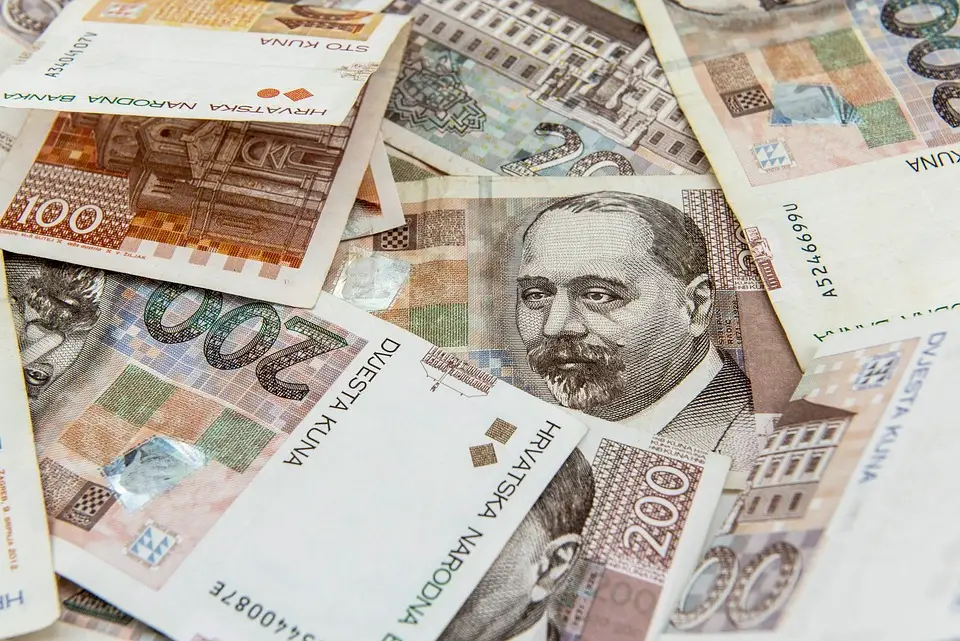As epodravina/Sonja Badalic writes, as of the first day of 2023, the kuna will be sent to the history books with so many of the other pre-euro currencies which were once legal tender in the Eurozone. Euros will then take their place in our wallets, bank acounts, and of course – in our sock drawers. The euro is currency that we’ve all had dealings with by now, but still to a lesser extent, purchasing them only when going abroad.
Despite the fact that the kuna is tied to the euro in many ways, the withdrawal of the kuna from circulation will bring with it numerous changes for this country. While there is constant talk about whether the introduction of the euro will bring new price increases with it, an increase in wages or perhaps less volatile, more favourable loans, it is rarely mentioned that with the disappearance of the kuna, very many Croatian exchange offices will also close their doors for the very last time. In continental Croatia, more specifically in Koprivnica, we’re talking about two Croatian exchange offices whose owners and employees are now in their final month of conducting business.
Nino Juric, the owner of the Marko exchange office in Koprivnica, is closing his doors after 23 years.
”We opened on November the 29th, 1999, and now we’ll be putting the key in the lock almost on the anniversary. There are currently three of us employed here. My wife, me and another guy to who we’re going to need to say goodbye to. Fortunately, he’s already found a new job, but the two of us still don’t know what we’re going to do. First, we will dismantle the branch office, and then we’ll take a short break to think about things. We’ll certainly start something new, although we aren’t yet at clear terms when it comes to which direction we’ll go in,” says Nino.
”When we started working, there were still German marks and Austrian shillings in circulation. The euro came to be only in 2002, and with its introduction, there were rumours about a possible switch from the kuna, which would have seen us close much sooner, so it’s nothing new. We heard about it and we’ve discussed it for years, there was constant speculation about whether or not it would happen and now, unfortunately for us, the date is known and that day is getting closer and closer. No one is forcing us to close, but it simply doesn’t make sense to do business without the kuna, because everyone who comes to us has kuna or euros.
Sometimes, but very rarely, someone asks for dollars, while there’s really no demand for other currencies. As a result, our business loses its meaning and we aren’t going to just sit here for days on end without work. For the minute, we’re calm, we’ve mentally prepared for the fat that an era of our business journey is coming to an end,” says Nino, who thinks that it’s not exactly the right timing for Eurozone accession due to ongoing inflation and the war in Ukraine causing continued economic issues.
People have been changing more money lately, they’ve been buying euros, so now there are none left, there’s a shortage, we have kuna, but nobody wants that anymore. Croatian exchange offices have always done solid business, they worked non-stop, especially during Christmas, and during the summer months, when Croatian people return home from Germany,” says Nino, adding that Croats, especially the older generation, are quite distrustful of banks, so they prefer to come to the exchange offices and buy at a higher price.
With Eurozone accession rapidly approaching, the very many Croatian exchange offices dotting the streets throughout the country will become a thing of the past.
For more, make sure to check out our dedicated lifestyle section.









